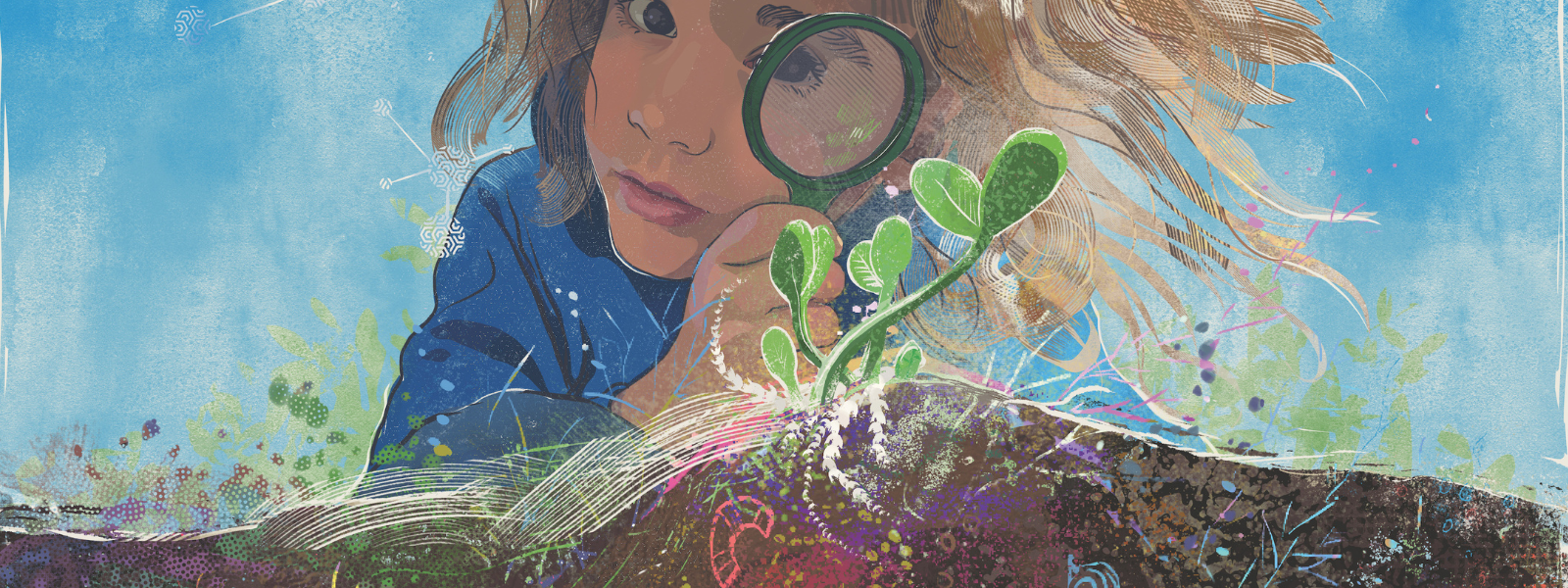
Tips
You searched for garden and found 60 tips.
- Beneficial Insect: Lacewing – These beautiful, slender insects are attracted to lights and are commonly found clinging to window screens at night. But don’t swat them… they’re a big help in the garden. Read more →
- Beneficial Insect: Ladybug – Welcome ladybugs into your garden not only for their cute color, shape and pattern, but for their pest-eating capabilities. Read more →
- Beneficial Insect: Pirate Bug – Ah-hoy! Appropriately named, these bugs are villains toward other pests in your garden. Read more →
- Beneficial Insect: Syrphid Fly or Hover Fly – These guys are your friends! Adult hover flies resemble small wasps, with a black and yellow or white striped abdomen. They will hover like a hummingbird as they drink nectar from flowers. Hover flies do not sting. They range in size from 1/4” to 1/2” depending on the species. The adults are the pollinators and its the larvae that consume pests. Read more →
- Beneficial Insect: Tachinid Fly – They are North America’s largest and most important group of parasitic flies, with at least 1300 species in the U.S. Celebrate these guys! Read more →
- Beneficial Insects – Learn how farmers use the laws of nature to strategically and effectively battle pests. Read more →
- Brussels Sprouts : Tips from Seed to Harvest – These nutritious miniature cabbages are often under celebrated and even disliked. Don’t give up on them though! It is well worth noting that often store bought Brussels sprouts are picked too early – it shows in their bitter flavor and tough texture. Picking them fresh from the farm or garden after a few frosts sweetens the flavor and makes them tender, offering a whole different experience! Read more →
- Cabbage: Using & Storing – Do you know how to use cabbage? How about storing it? This tip will teach you how to do both things, so you can make the most of the harvest! Read more →
- Companion Planting – Companion plants help each other to grow in some way. For instance, some plants can extract certain nutrients from the soil and make them more available for other plants. Read more →
- Compost: Turn food waste into soil nutrients! – Compost is an important soil amendment made of decomposed plant matter including food scraps. You can make right it in your backyard! With the right recipe, your compost heap will not omit bad odors, will lighten the load (and cost) of your trash, and will greatly reduce greenhouse gas emissions from landfills. Adding compost to soil helps to restore the organic matter content allowing for greater moisture and nutrient retention and providing necessary food for essential microorganisms that live in healthy soil. Read more →
